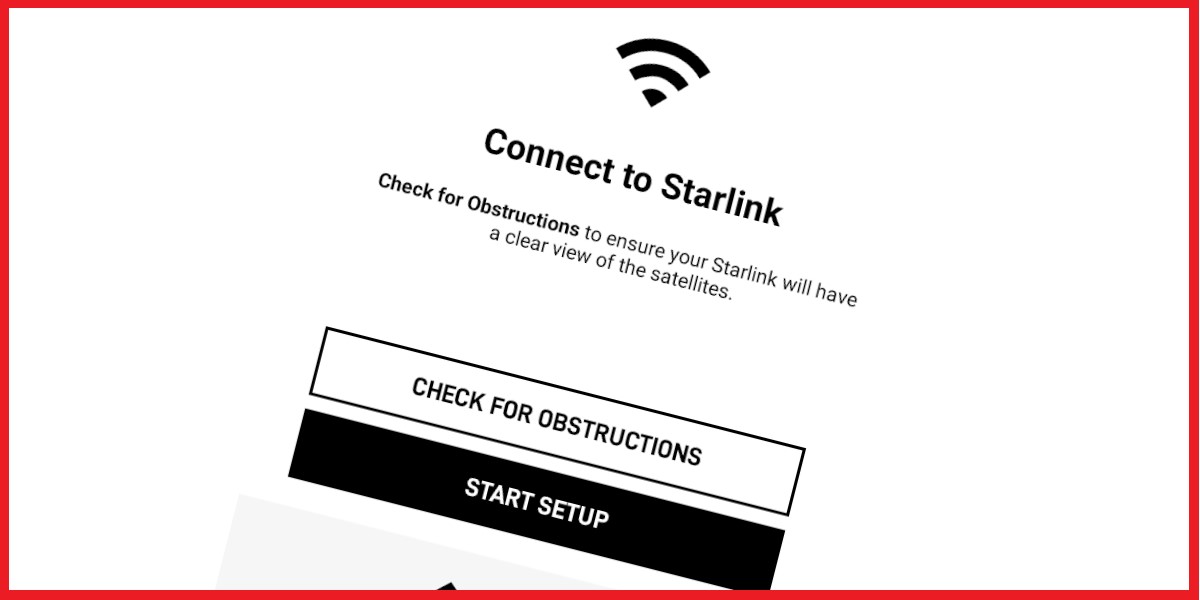Starlink Creates Risk Of Internet Investment Doom Cycle, Says APNIC Researcher

Elon Musk's Starlink project has copped more criticism, this time from a researcher at APNIC, the Regional Internet Registry for the Asia-Pacific region.
APNIC's George Michaelson says the project, already under fire for offering low capacity and high prices, risks being loved to death by the wrong sort of users, and may therefore stymie much-needed investment in broadband.
“The bandwidth provided by these LEO satellites is really very good … for now. Starlink, unfortunately, runs the risk of being a victim of its own success,” wrote Michaelson.
“Starlink is now being seen as a way to get high-speed Internet when the normal terrestrial high-speed Internet is within view, but alas, not quite at your door,” explained Michaelson, suggesting users on under-served city fringes as likely Starlink subcribers.
However, as Starlink delivers peak speeds only when few users are connected, speeds will decrease as more people sign up for the service. Those with slightly-worse options who sign for Starlink may therefore starve more deserving customers.
Michaelson says this problem extends beyond slow internet into infrastructure investment decisions, as governments reason that Starlink's presence means they do not need to build broadband infrastructure in some locations.
This is where the chicken meets the egg, because of lack broadband will see more people sign for Starlink, degrading the satellite service and creating greater need for broadband.
It’s a catch-22,”said Michaelson. “The better that LEO satellite Internet is, the more this risk could grow."
A visit to Starlink’s website brings up the following message:
As Starlink is not yet formally launched, that's not necessarily recognition of the issues Michaelson raised. But Starlink has also shown it doesn't much care about issues like its impact on astronomers, who have complained its myriad satellites make stargazing harder. And this week they have the Lyrid meteor shower to gaze upon, and Jupiter's moons are casting shadows on each other too. ®
From Chip War To Cloud War: The Next Frontier In Global Tech Competition
The global chip war, characterized by intense competition among nations and corporations for supremacy in semiconductor ... Read more
The High Stakes Of Tech Regulation: Security Risks And Market Dynamics
The influence of tech giants in the global economy continues to grow, raising crucial questions about how to balance sec... Read more
The Tyranny Of Instagram Interiors: Why It's Time To Break Free From Algorithm-Driven Aesthetics
Instagram has become a dominant force in shaping interior design trends, offering a seemingly endless stream of inspirat... Read more
The Data Crunch In AI: Strategies For Sustainability
Exploring solutions to the imminent exhaustion of internet data for AI training.As the artificial intelligence (AI) indu... Read more
Google Abandons Four-Year Effort To Remove Cookies From Chrome Browser
After four years of dedicated effort, Google has decided to abandon its plan to remove third-party cookies from its Chro... Read more
LinkedIn Embraces AI And Gamification To Drive User Engagement And Revenue
In an effort to tackle slowing revenue growth and enhance user engagement, LinkedIn is turning to artificial intelligenc... Read more

